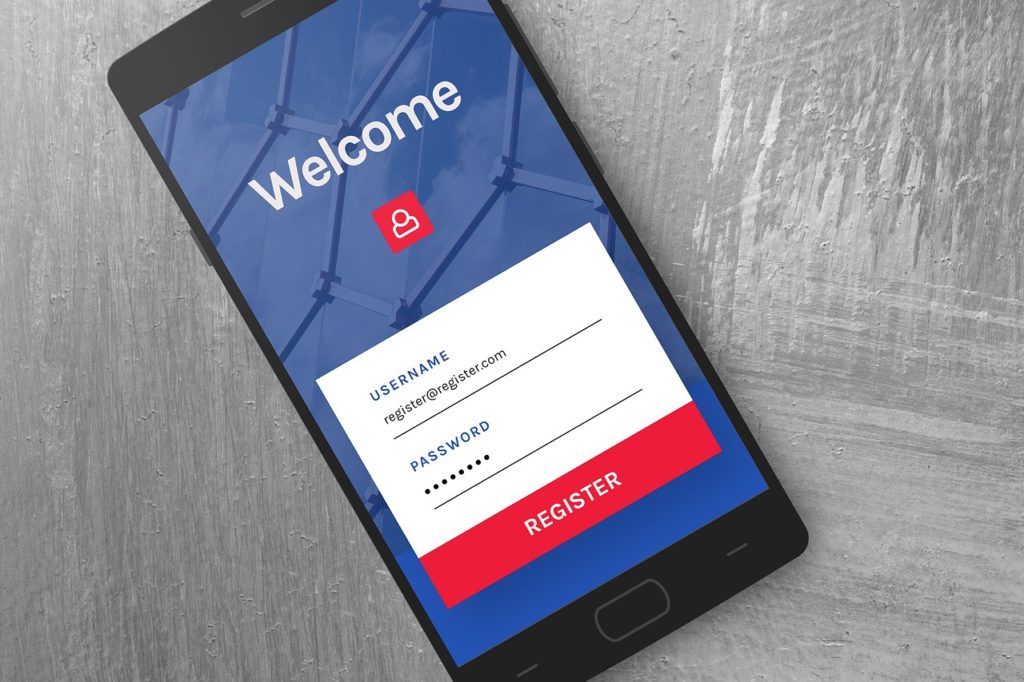Plan Ahead!

These days, most people use digital assets without even thinking about it – to keep in touch (think Facebook), to pay bills, manage subscriptions, store photos, and more. Until a few years ago, very few laws helped to determine who could access these files and accounts if the user became incapacitated or died. If the deceased or incapacitated person wanted any of their digital assets to be deleted, modified, or distributed to loved ones, it was difficult to discern who would have a legal right to access them. And unless the person provided usernames and passwords, the fiduciary would have no ability to access them. As a result, digital assets would often be deleted by the company that controls them, or they would just continue to linger on the internet or on devices long after the person’s death – untouchable by family and friends.
The Revised Uniform Fiduciary Access to Digital Assets Act (RUFADAA) is probably the most important law you’ve never heard of. It set legal standards adopted by most states that allow fiduciaries to manage digital property like computer files, web domains, and virtual currency. It does, however, restrict a fiduciary’s access to emails, text messages, and social media accounts unless the original user consented in a will, trust, power of attorney, or other record.
While the RUFADAA was a step forward from the days when an executor or fiduciary had no access to digital assets, you should make a plan for your digital assets, even if your state has passed RUFADAA.
If you want your executor to have maximum access to your digital assets (and not everyone does), go beyond giving permission in your will or power of attorney. In addition, leave your executor or agent information and instructions about how to access your accounts and files. That way, your executor will have the same ability to access your accounts as you have. This is the easiest and most sure way to make sure that your executor can wrap up your digital legacy. Here’s how:
Write a letter or note. Nothing fancy needed. Just write a letter by hand or on your computer. Do not include this information in your will which will become a public document.
Include access information and instructions. Leave very specific instructions about how to access your accounts. Include websites or devices needed, as well as usernames and passwords. Also tell your executor what to do with each account. Do you want your stored photos to be shared with family, your twitter account deleted, your blog to be archived and saved? Be as clear and thorough as possible.
Secure your letter in a safe place. Keep your letter with your other important documents like your will, health care directive or insurance information. Your executor may need this information soon after your death, so make sure it’s easily accessible and make sure to tell your executor where to find it.
Keep your letter up to date. As account information changes, update your letter so that your executor has the correct information when the time comes.
If you want more privacy:
If you don’t want anyone accessing your digital assets when you die or become incapacitated, see a lawyer to discuss ways to protect your privacy. An attorney may be able to craft a provision for your will that explicitly prohibits your personal representative from accessing certain assets. Or the attorney could help you set up a trust that appoints a trusted person to guard the assets on your behalf.
Regards,
Steven A. Boorstein, PharmD, CFP®
